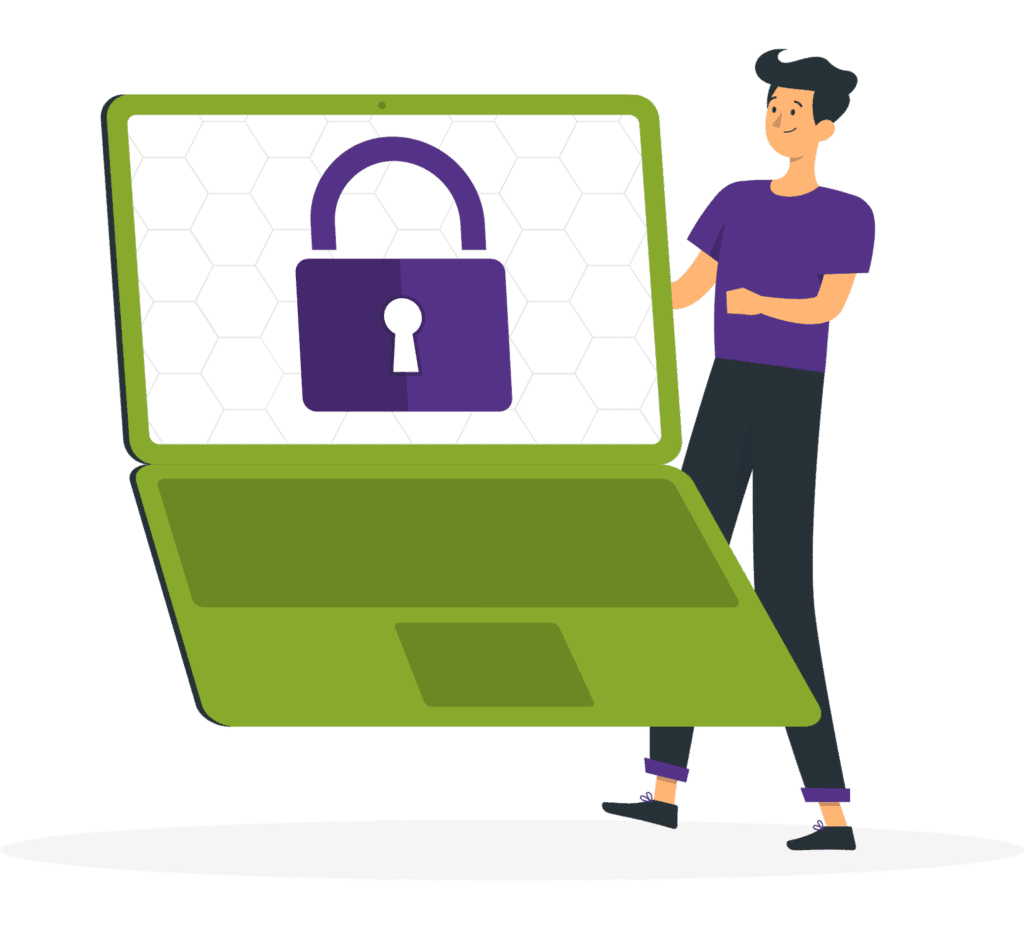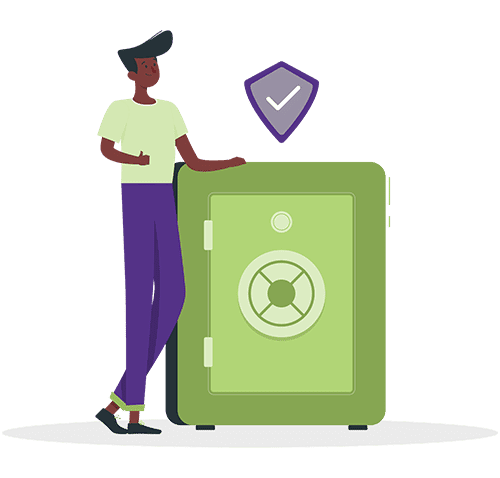Your Security is Imperative!
At Inspire FCU, we hold ourselves to the highest standard when it comes to providing you with a safe banking experience and the resources needed to protect yourself.

How Are We Doing Our Part?
In addition to our dedicated team working around the clock to monitor member accounts for suspicious activity, we’ve also implemented the following measures.
-
We Never Sell Personal Information
-
Two-Step Authentication in Digital Banking
-
-
Voice Authentication
-
Lock/Unlock Debit Card From Your Phone or Computer


Develop Secure Habits
Although Inspire utilizes technology to keep you secure, you should consider implementing the recommendations below for added peace of mind.
-
Update Passwords Every 90 Days
-
Use Multi-Factor Authentication
-
Never Share Login Credentials
-
Check Your Account Frequently to Verify Accuracy
-
Avoid Unusual Looking ATMs
Popular Scams:
Scammers have taken extreme measures to make their fraud appear legitimate. Keep an eye out for these popular scams and stay vigilant.
How it works:
Scammers will contact you via phone call or email to inform you that they owe you a refund. The refund is commonly for an Amazon purchase you did not make or a subscription you did not sign up for. While you are on the phone with them, they will attempt to gain access to your bank account by either asking you for your information or having you grant them access to your computer via help desk software such as ReadyDesk. They will then make it look like your account was refunded an amount way more than you initially discussed. They will ask you to return the excess money via wire transfer, mailing a check, or gift cards. There was never a refund deposited into your account, leaving you paying the scammer out of your own pocket.
How to protect yourself:
Make sure that the email or phone number that reached out to you is legitimate. You can contact the merchant they are posing as to make sure or contact your financial institution to ensure the charges they are claiming they owe you a refund for are reflected on your account.
How it works:
Phishing scams are a type of social engineering attack in which you receive an email or text that looks like it’s from a popular service provider like Apple or your bank. The message might tell you that someone signed into your account and that you need to reset your password.
Unfortunately, when you click the link provided, you’ll end up sharing your personal information with scammers or downloading malware onto your device (which can allow them to hack your email).
Phishing scams also happen via text and even through phone calls, but phishing emails are most common.
How to protect yourself:
Be extra diligent when responding to official-looking emails. Again, if you’re unsure, contact the company directly and ask if the request is legitimate.
How it works:
Fraudsters will stoop to lows you couldn’t imagine. Some scammers pretend to run a reputable charity (such as a veterans charity) and may call or email you for a donation. Many of them may go as far as to request personal information or banking details, such as your, granting them full access to your account.
How to protect yourself:
Research the organization they are posing as. You can ask them questions related to your research to verify their legitimacy. You can also reach out to the organization and ask if the solicitation for a donation is legitimate.
How it works:
You will receive an email claiming you’ve won the lottery, some sweepstakes, a sum of money, or other prizes. In order to claim your prize, the scammers will ask you to provide sensitive information.
How to protect yourself:
Emails claiming you’ve won a large sum of money can be exciting. Be on high alert if they demand you share sensitive information or send money to the organizers. If it sounds too good to be true, it likely is.


More Resources

“Smishing” is the New Phishing
Look out — there’s a new scam in town! “Smishing” is a scam format that has recently encountered a boost in scammer popularity, and it’s surprisingly

6 Popular Types of Phishing and Phone Scams
Don’t Be The Next Victim: Protect Yourself From Today’s Scams Online scams can be hard to spot and difficult to avoid. They are enticing. They




